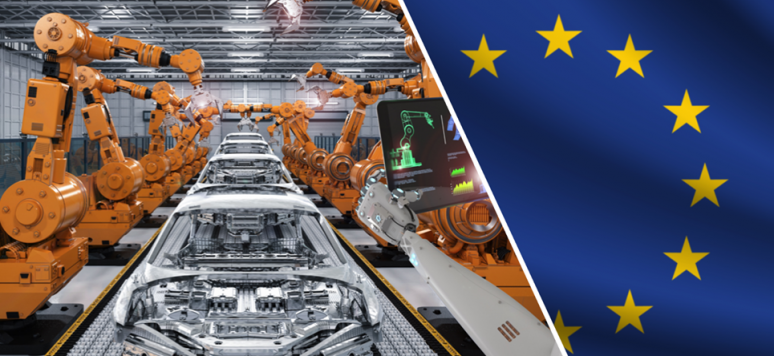Notes du Cerfa - The European Union Industrial Strategy: Reconciling Competition and Geoeconomic Challenges Notes du Cerfa, No. 172, Ifri, October 2022

The EU’s basic assumptions, on which it grounds its economic and trade power, are being steadily cast into doubt. The EU’s main trade partners, the US and China, increasingly set their sights on securing their supply chains, which may further a potential decoupling.
This shift is likely to be accelerated in the context of growing geopolitical instability. Multilateralism and international trade principles are increasingly challenged by a weakening of international institutions and the recourse to asymmetric market practices, while technological leadership will be key in the struggle for global leadership. Being fundamentally built on economic openness, the EU is comparatively ill-equipped to respond to these developments. Its biggest economy, Germany, is prompted to assert itself if it does not want to lose in competitiveness. While the EU is developing strategies, policies, and instruments to adapt to this change of circumstances and increase its resilience, a shift in mentalities, leaving behind political and economic short-term interests, will be necessary.
Marie Krpata works as a Research Fellow at the Study Committee on Franco-German Relations (Cerfa) at the French Institute of International Relations – Ifri where she dedicates her research activities to the European Union and the external relations of the Franco-German couple. Before joining the Cerfa she worked in non-governmental and international organizations as well as in consultancies.
